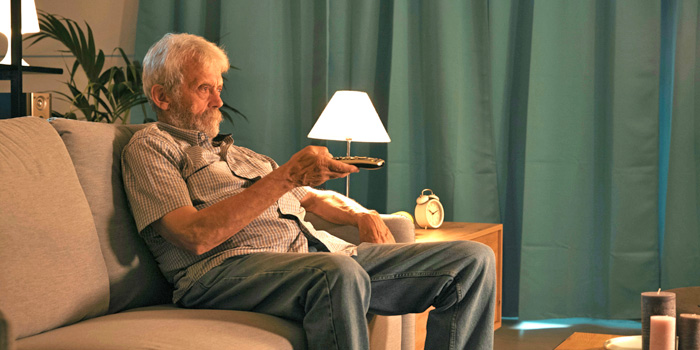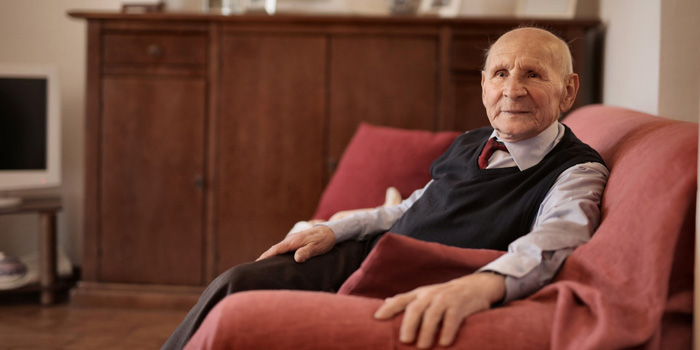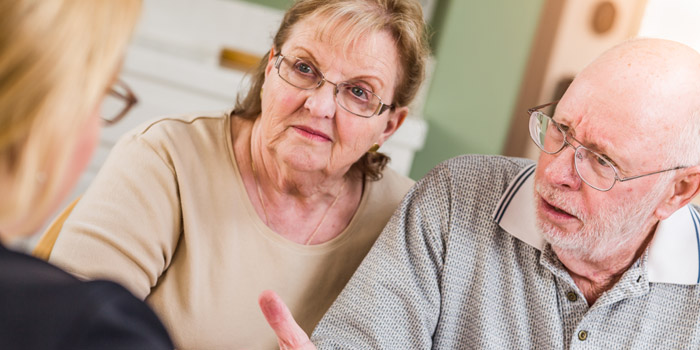
by Irish Referral Agency | Sep 20, 2023 | News
Life is full of important decisions. As we age, we may have fewer decisions to make, but some of them are more important than others. A key decision is whether, in your years of declining physical ability, you stay in your home or elect to move into other housing...

by Irish Referral Agency | Sep 10, 2023 | News
Oftentimes, family members, out of love, will try to take over the responsibility of caring for a parent or loved one. They can soon discover that this is extremely difficult and not manageable if they are still taking care of their own families or working full-time...

by Irish Referral Agency | Aug 30, 2023 | News
Being Tired or Chronic Fatigue Syndrome (CFS) Being tired and having chronic fatigue syndrome (CFS) are two different conditions that can affect your energy levels and quality of life. Being tired is a normal response to physical or mental exertion, lack of sleep, or...

by Irish Referral Agency | Aug 20, 2023 | News
There is big news in the fight against Alzheimer’s disease: The first drug that’s been proven to slow the progression of Alzheimer’s disease just received full approval from the U.S. Food and Drug Administration (FDA). Leqembi Alzheimer’s disease impacts nearly six...

by Irish Referral Agency | Aug 10, 2023 | News
NOTE: It is acknowledged that both mothers and fathers can have weight issues. For purposes of simplicity, we are only going to refer to your mother in this article. You can help Dad, too. Extra weight can cause a lot more issues for senior citizens than it can for...

by Irish Referral Agency | Jul 30, 2023 | News
Discussing end-of-life issues with your parents can be a difficult and emotional task, but it is also a very important one. By having these conversations, you can help your parents express their wishes, plan ahead, and feel more at peace. Plan the Conversation. Give...

by Irish Referral Agency | Jul 20, 2023 | News
In the article that immediately preceded this one on this website, we talked about microneedle technology that is coming that will detect the presence of biomarkers that alert doctors at the very earliest stages of Alzheimer’s Disease. The availability of early...

by Irish Referral Agency | Jul 10, 2023 | News
While it is not quite ready for release, scientists have developed a “smart patch” device they claim can detect neurodegenerative diseases like Alzheimer’s and Parkinson’s within minutes. A Point-of-Care testing kit to facilitate early diagnosis and monitoring of...

by Irish Referral Agency | Jun 30, 2023 | News
NOTE: We understand that sometimes Dad’s keys need to be taken away, too. Rather than using the awkward “he or she” pronoun replacement, we have adopted the feminine form for the sake of simplicity. In the preceding article we discussed the main things to look for...

by Irish Referral Agency | Jun 20, 2023 | News
NOTE: We understand that sometimes Dad’s keys need to be taken away, too. Rather than using the “he or she” pronoun replacement, we have adopted the feminine form for the sake of simplicity. Taking away your mom’s car keys is a difficult and sensitive decision....











